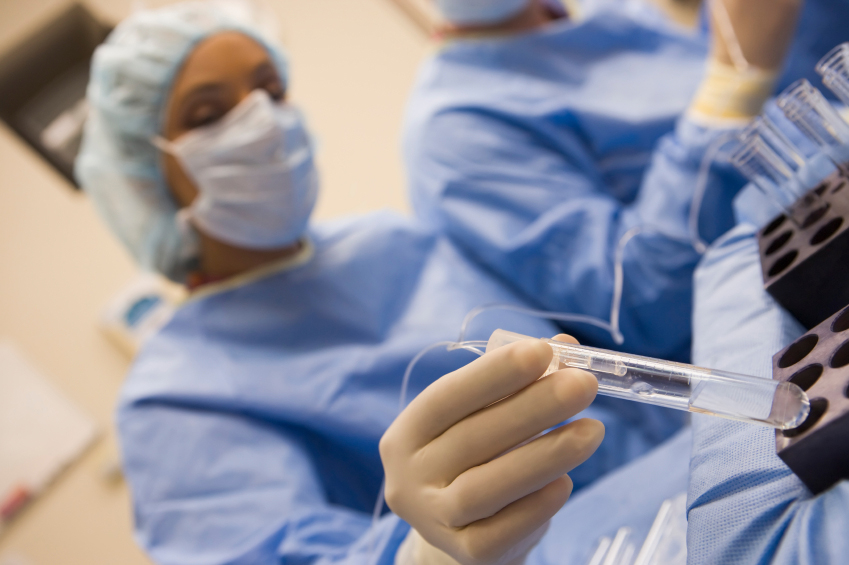“A friend told me it was a good way to make easy money,” explained Chloé, a 23-year-old Belgian student who plans to use the €2,000 to buy a car or go on holiday. Sylvie has already received €8,000 for her four oocyte donations, which she used to “finance work in her new apartment,” and plans to make further donations in the future.
However, Belgian law is categorical [1]: marketing oocytes is prohibited and donation must be a “voluntary, gratuitous and altruistic” act. The law is certainly categorical but it is imprecise and does not mention any maximum amount. Hospitals therefore have a free hand to compensate donors as they see fit. At UZ Brussel Hospital, renowned for its generosity at €2,000 per donation, it is “obvious that prospective donors find out about and choose the best-paying hospital”.
With such attractive sums, supposedly altruistic and unselfish donations “take on a business aspect”. How are we to identify women’s real motives and ensure that the final payment is not their only reason? “Each donor candidate has to see a psychologist. If we realize that she is more interested in the money than the donation, she will not be accepted,” said Professor Christophe Blockeel, head of department at UZ Brussel. But, in the final analysis, it would seem that “to meet the ever-increasing demand for oocytes, some hospitals are turning a blind eye to donors’ motives,” meaning that “reimbursement of expenses is turning into payment”. Most donors do not even hide their financial motivations. Reimbursement or remuneration? “No matter what word is used,” said Sylvie, “it’s money we get for donating our eggs”. The ban on marketing oocytes remains, but “it is ultimately ethics that is damaged”.
For further reading:
€900 compensation for purely unselfish egg donation?
Surrogacy industry in India: donors are poor and have no other way to earn money
RTBF, Sofia Cotsoglou (11/05/2019) – En Belgique, des jeunes filles donnent leurs ovules pour recevoir 2000 euros – L’enquête dans 7 à la Une

